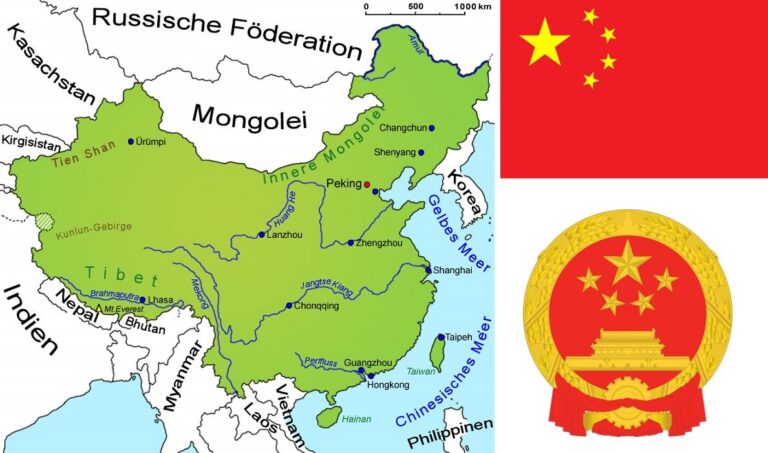China Rebukes Macron’s Comments on Taiwan and Ukraine, Signaling Diplomatic Strain
In a recent diplomatic flare-up, China has vehemently criticized French President Emmanuel Macron’s statements concerning Taiwan and Ukraine, branding them as “unacceptable” provocations. These remarks have intensified existing tensions between Beijing and Paris, reflecting the delicate balance of international diplomacy surrounding these contentious geopolitical hotspots. This incident exemplifies the increasing difficulties Western nations encounter when addressing issues that China regards as vital to its national interests.
Beijing’s Strong Response to Macron’s Remarks: A Breakdown in Diplomatic Norms
The Chinese government condemned President Macron’s comments as a serious breach of diplomatic etiquette that threatens not only bilateral ties but also regional peace. A spokesperson from China’s Ministry of Foreign Affairs described the remarks as unwarranted interference in China’s sovereign affairs and called on European leaders to respect China’s territorial integrity without external meddling.
Experts observe that Macron’s intervention has added strain to an already fragile international environment. Beijing advocates for restraint and dialogue amid these escalating disputes, emphasizing the complexity of global alliances today. The contrasting positions between China and Europe on key issues are summarized below:
| Topic | China’s Stance | European Perspective |
|---|---|---|
| Taiwan | Non-negotiable sovereignty; rejects foreign involvement | Advocates peaceful dialogue; supports freedom of navigation rights |
| Ukraine Conflict | Calls for respect toward territorial boundaries; opposes sanctions against Russia | Deniation of aggression; backs Ukrainian sovereignty and sanctions regime |
- China urges Europe: To refrain from inflammatory rhetoric that could exacerbate conflicts.
- The French government: Continues affirming support for Ukraine’s independence.
- Diplomatic analysts warn:
>
>
>
>
>
A Closer Look at France-China Relations Amid Heightened Global Security Concerns
The recent exchange over Taiwan and Ukraine underscores the fragile state of Franco-Chinese relations within an increasingly volatile global security context. Beijing labeled Macron’s comments “unacceptable,” reaffirming its unwavering commitment to safeguarding sovereignty-especially regarding Taiwan, which it considers a core national interest. This dispute reflects broader geopolitical frictions involving not just bilateral ties but also multilateral dynamics shaped by France’s vocal support for Ukraine following Russia’s invasion alongside concerns about Chinese military posturing near Taiwan.
The French administration stresses open communication channels grounded in international law while balancing human rights advocacy with pragmatic economic engagement across Indo-Pacific markets-a region where both powers seek influence amid shifting alliances. The table below highlights divergent viewpoints held by each country on critical matters:
| Matter | France’s Viewpoint | Mainland China’s Position  (Updated June 2024) |
|---|---|---|
| Taiwan Issue  (Current military activity increased by approx. +30% since early 2023) | Pledges peaceful resolution through negotiation; opposes unilateral changes disrupting status quo; | Treats Taiwan as indivisible part of territory with zero tolerance for foreign interference;// /* Removed extra spaces */ |
| < strong >Ukraine Crisis (Ongoing conflict with estimated civilian displacement exceeding eight million)
|




